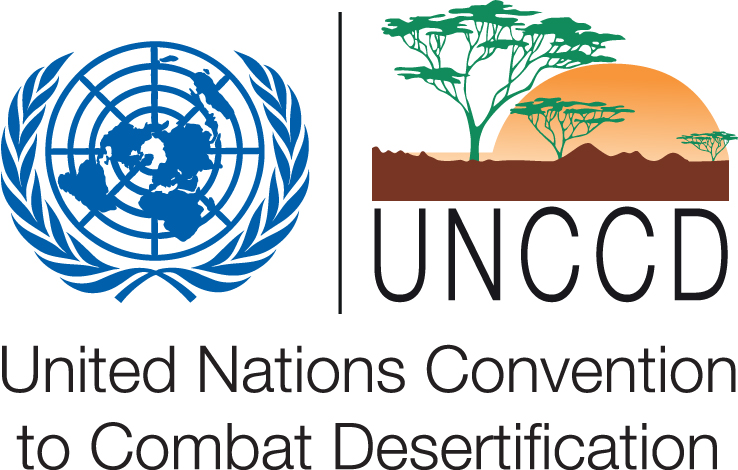New UNCCD Policy Brief: Rio+20 Should Adopt a Sustainable Development Goal on Land
Land is missing link in pursuit of sustainable development, new UNCCD policy brief reveals. The brief calls the world leaders, who will gather at Rio+20 this June, to agree a sustainable development goal on land-use.
(3BL Media) June 1, 2012 - New UNCCD Policy Brief, “A Sustainable Development Goal for Rio+20: Zero Net Land Degradation,” reveals that sustainable land-use is a prerequisite for ensuring future water, food and energy security. Given the increasing pressure on land from agriculture, forestry, pasture, energy production and urbanization, urgent action is needed to halt land degradation.
The brief calls the world leaders, who will gather at the United Nations Conference on Sustainable Development (Rio+20) in Brazil this June, to agree a sustainable goal on land: zero net land degradation. To achieve this goal, degradation of productive land should be avoided and already degraded lands need to be restored.
“Land is the foundation of our sustainability. It is our natural ally. Nurtured properly, it will ensure prosperity for the present and future generations. I am pleased to present this policy brief, which details a simple, efficient and economically rational way, without which sustainable development cannot be achieved”, UNCCD Executive Secretary Luc Gnacadja said.
The proposed goal is underlined by the following targets:
- zero net land degradation by 2030 - zero net forest degradation by 2030 - drought preparedness policies implemented in all drought-prone countries by 2020. With the demand for food expected to grow by 50 percent in 2030 and for energy and water by 45 and 30 percent respectively, an additional 120 million hectares of productive land will be needed to support the required food production. At present, each year 12 million hectares of productive land are lost due to land degradation and desertification. On this land, 20 million tons of grain could grow. Globally, 1.5 billion people are directly affected by land degradation. For more information please contact:Ms Komila Nabiyeva, UNCCD secretariat. Tel: +(49) 228 815 2830, E-mail: knabiyeva@unccd.int
About the UNCCD
Established in 1994, the United Nations Convention to Combat Desertification (UNCCD) is the sole legally binding international agreement linking environment and development issues to sustainable land management. The UNCCD addresses specifically the arid, semi-arid and dry sub-humid areas, known as the drylands. The Convention’s 195 Parties are working to improve the living conditions in the drylands, to maintain and restore land and soil productivity, and to mitigate the effects of drought.




